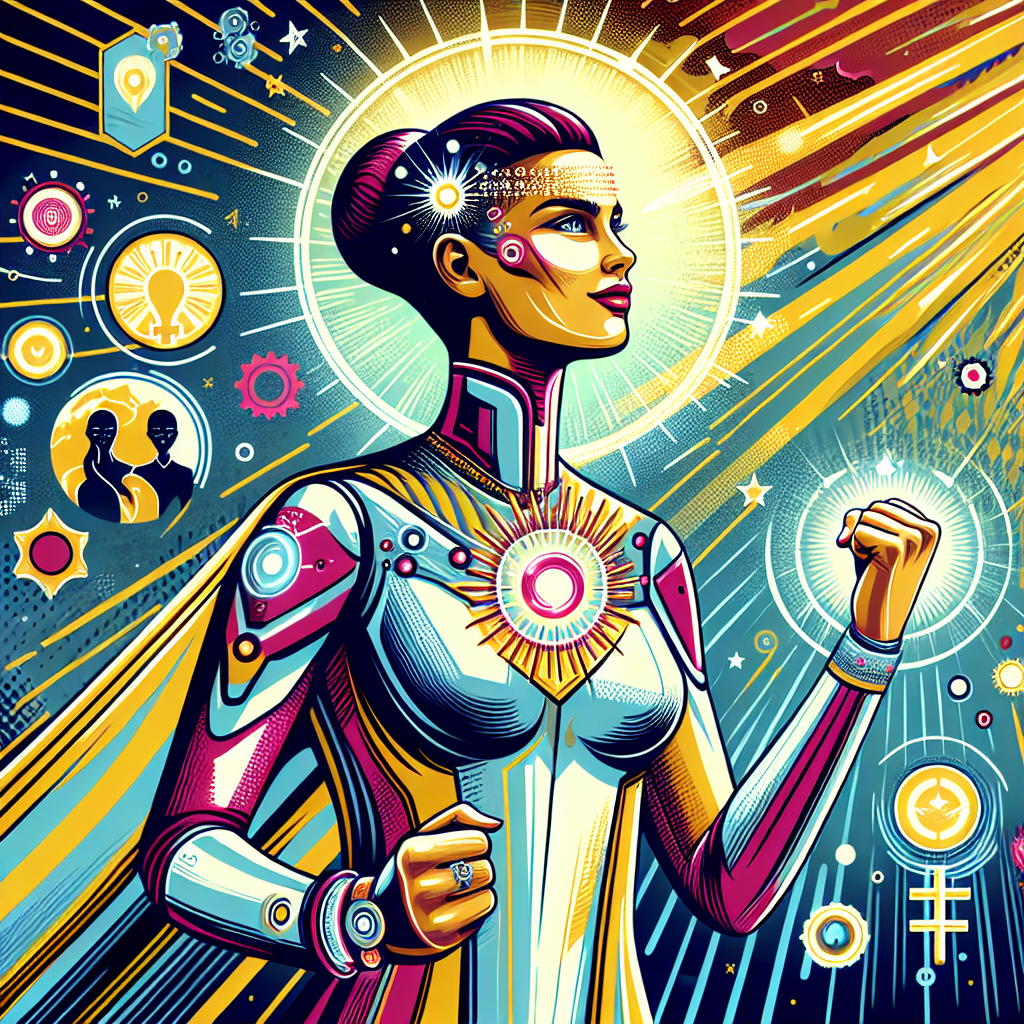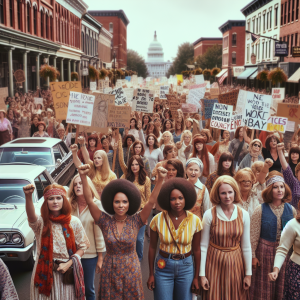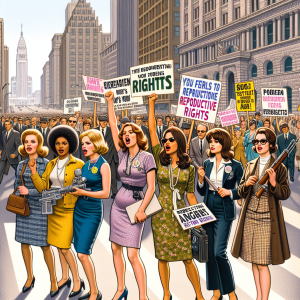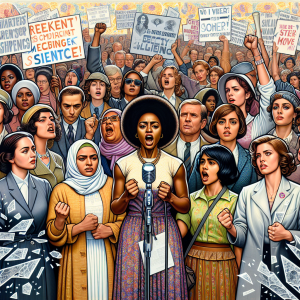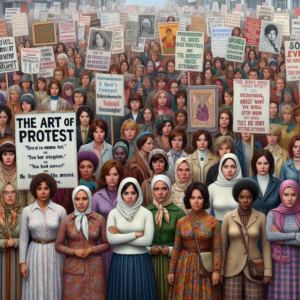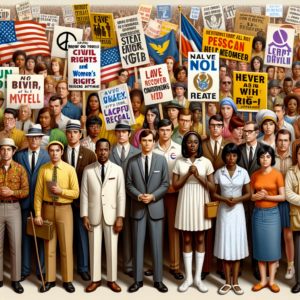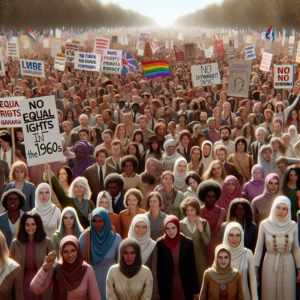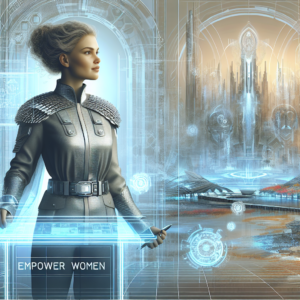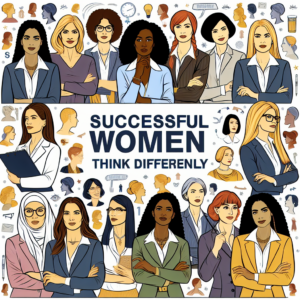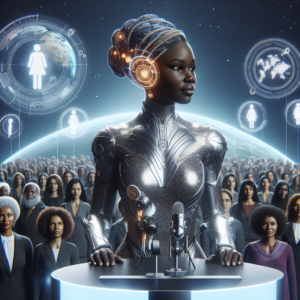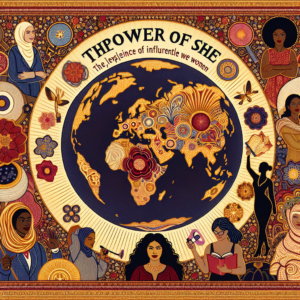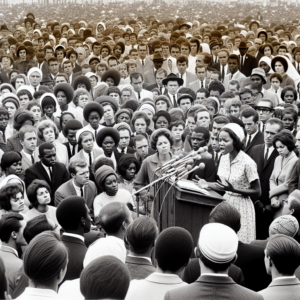#FutureGirls
Discussing the global progression towards gender equality involves a narrative filled with bravery, tenacity, and a steadfast commitment to fairness. This journey, which has evolved from challenging deep-rooted societal standards to leveraging modern digital activism that transcends geographical boundaries instantaneously, has made remarkable strides towards equal rights. Through this perspective, we delve into pivotal moments that have shaped the narrative of women’s rights advocacy, charting a course towards a more just society.
The Beginning of Change: Suffrage Movement
The narrative of women’s rights is incomplete without acknowledging the formidable suffrage movements of the late 1800s and early 1900s. This era witnessed women globally rallying for their voting rights. Nations such as New Zealand (1893) and Finland (1906) led the way in granting women these rights, inspiring other countries to follow suit. Significant milestones were reached in the United Kingdom and the United States in 1918 and 1920 respectively. The battle for suffrage was more than a fight for the vote; it was a declaration of women’s integral role as equal members of society.
“In our quest for rights, we seek not only to be heard but to be granted our rightful place at the democracy table.” – Emmeline Pankhurst
The Unintended Catalysts: World Wars
Interestingly, the World Wars played a crucial role in advancing women’s rights. With men conscripted into war service, women assumed traditionally male roles, from industrial labor to significant administrative positions. This unprecedented shift not only transformed economic perspectives but also began reshaping societal views on women’s abilities. The post-war era witnessed a reluctance among women to revert back to old societal expectations, laying the groundwork for subsequent gender equality endeavors.
The Renaissance: Feminism in the 1960s and 1970s
Diving into the 1960s and 1970s uncovers the emergence of the “second wave” of feminism, led by luminaries such as Betty Friedan and Gloria Steinem. This wave expanded the focus to encompass reproductive rights, employment fairness, and legal injustices among other issues. Significant legal achievements, like the Equal Pay Act of 1963 and the Roe vs. Wade verdict of 1973 in the U.S., marked this era. The phrase “The personal is political” epitomized the period’s guiding principle.
Forging a Unified Response: Global Conferences and Declarations
The 1990s and early 2000s saw the international community coming together through various global conferences, emphasizing the necessity for collective action towards enhancing women’s rights. The 1995 United Nations’ Fourth World Conference on Women in Beijing stands out, culminating in the Beijing Declaration and Platform for Action, a detailed agenda for promoting women’s rights. Michelle Bachelet aptly observed:
“The Beijing Declaration and Platform for Action remains the most comprehensive blueprint for enhancing the empowerment of women and girls universally.”
These gatherings have played a vital role in positioning women’s rights at the forefront of global discussions, prompting major policy reforms in countless nations.
Advocacy in the Digital Era
The rise of the internet and social media platforms has transformed activism, fostering movements that quickly gain global recognition. Initiatives such as #MeToo and #TimesUp have brought sexual harassment and abuse into the open, subjects that traditionally were seldom discussed openly. This digital era has democratized activism, amplifying voices worldwide, sharing narratives, and strengthening solidarity among women across the globe.
Expanding the Conversation: Inclusion and Diversity
The ongoing journey towards equality has also emphasized the value of including all women, recognizing that feminism must embrace differences across borders, ethnicities, cultures, and sexual orientations. By acknowledging diversity within its ranks, the movement has succeeded in raising previously overlooked voices, advocating for a more comprehensive approach to achieving gender equality.<
br />
As we contemplate these historical milestones, it is necessary to acknowledge that the pursuit for justice is ongoing. Discrimination and inequalities continue to prevail, necessitating relentless effort and activism. Drawing inspiration from a message of persistence and hope, consider:
“Our pursuit of equality resembles a marathon more than a sprint, demanding the stamina to persist, especially when the journey seems formidable.” – Nada Al-Ahdal @nadalahdal
The accomplishments within the women’s rights movement serve not just as historical annotations but as testament to the power of collective determination and unity. Looking forward, we draw strength from these lessons, motivated by the vision of a future where equality transcends aspiration to become the lived reality for everyone.
#NadaFoundation
#NadaAlahdal
#Nada_Foundation
#Global #Push #Equality #Key #Milestones #Womens #Rights #Movement
the-global-push-for-equality-key-milestones-in-the-womens-rights-movement



